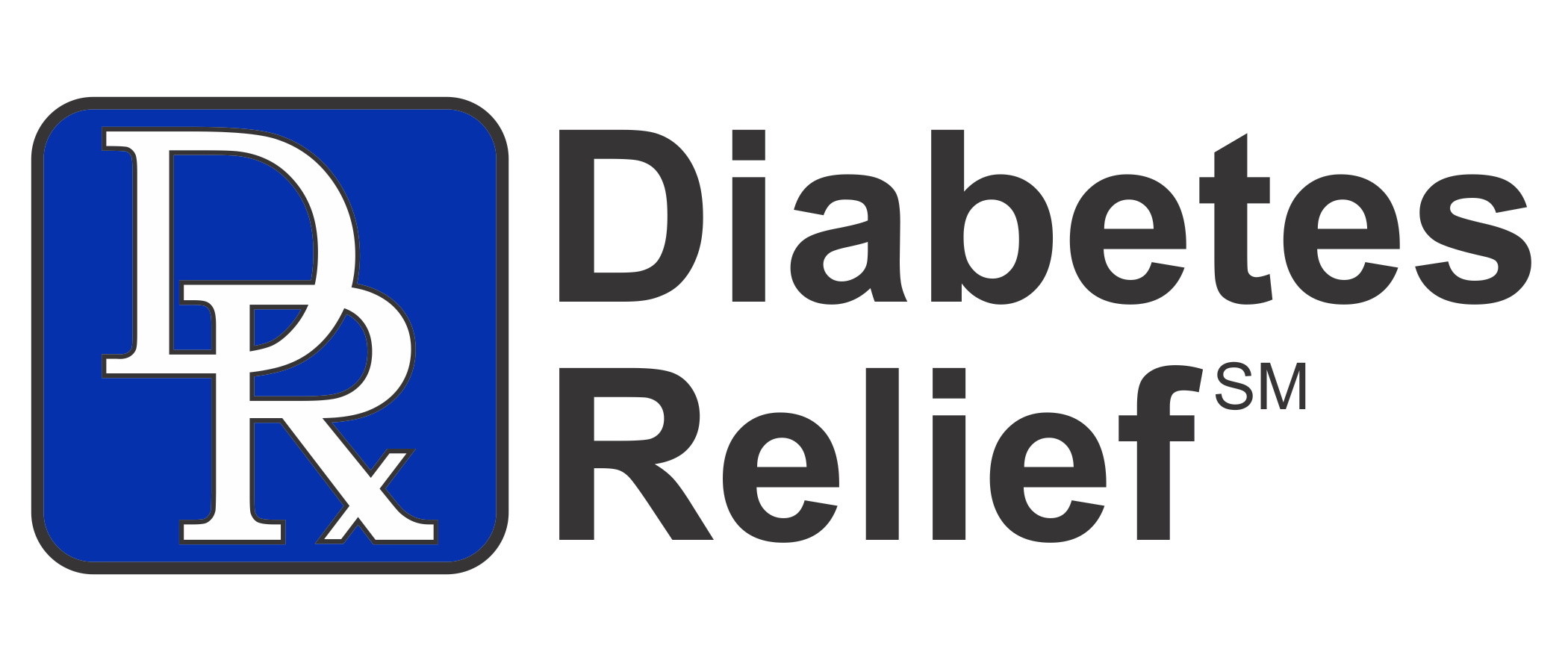Mar 24, 2020 | Everyday Wellness
The stress hormone cortisol regulates your fight-flight-or-freeze response, and it also regulates your body’s use of carbohydrates, fats, and proteins. This is why stress can trigger the compulsion to reach for junk food. Research shows that calorie-dense foods trigger fat accumulation that inhibits your primary stress response system. So there’s nothing good about that late-night slice of cake or pie.
Mar 24, 2020 | Everyday Wellness
Pharmacist Ben Fuchs (www.criticalhealthbnews.com) tells us that much of what we need to do to support immunity, we should be doing anyway. From his most current article, we learn that “supplements, taken daily, can be important immune boosters. While they won’t cure or prevent Coronavirus symptoms by themselves, they can help the body take care of the problem. His short list includes, zinc picolinate, a ‘must have’ at 50mg, same with Selenium chelate 400-600 micrograms and Vitamin A 25,000IU.
Aug 2, 2018 | Scientific Articles
Per Brian Loveridge, MD; “Diabetes represents the most expensive medical condition in America. The prevalence continues to rise, with one out of two adults having either diabetes or pre-diabetes. Greater focus and attention is needed to address the complications of this epidemic that plagues both the U.S., and the world at large. We want to be a part of the solution with our physiologic insulin treatments.”
Aug 1, 2018 | Scientific Articles
Per Brian Loveridge, MD; “The American College of Physicians revised its recommendations for blood sugar control in type 2 Diabetes from 6.5-7.0% HbA1c to 7.0-8.0%. These changes were made because tight control can lead to serious life-threatening low blood sugar episodes. Unfortunately, at higher ranges, it is well established that patients are at greater risk of developing diabetic complications (retinopathy, nephropathy, neuropathy, diabetic ulcers, etc.). Additional approaches are needed to reduce complications and help patients gain greater control. “
Aug 1, 2018 | Scientific Articles
Per Brian Loveridge, MD; “The American Diabetes Association published this review article exploring the critical importance of physiologic insulin in carbohydrate metabolism. It is becoming increasingly apparent that when this signaling pathway breaks down, patients experience loss of insulin response, receptor lag, and decreasing receptor expression. We work with patients and providers to restore physiologic insulin, which in turn up-regulates metabolism and provides cells with the energy needed to function properly.”
Aug 1, 2018 | Scientific Articles
Per Brian Loveridge, MD; “Detailed scientific exploration of how impaired insulin production leads to a breakdown in carbohydrate metabolism. In pre-diabetes, the body tries to overcome progressive insulin resistance by producing higher levels of insulin. Unfortunately, this creates a “toxic” environment for these receptors. With increasing insulin “resistance,” a patient goes from impaired glucose metabolism to type 2 diabetes. We aim to restore the natural physiology toward improved glycemic control.”
